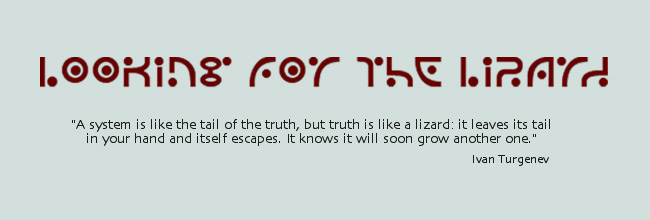
Imagination has had a bad rap in Protestantism and Western culture for a long time. Take the phrase “figment of the imagination.” I always understood it to mean that no part of the imagination is equal to the “reality” of reason. I don’t think the word “imagination” was ever part of any sermon I heard or teaching I received.
When I look the word up in the NIV, it appears four times, all in the Old Testament, always as a sin that has distanced people from God. The situation is even worse in the King James, the translation of my upbringing. Here “imagination” shows up 20 times, including twice in Genesis as an inborn and continuing evil and three times in the New Testament as ingredients of pride and idolatry. Again, most instances link the imagination with adjectives like wicked, evil, and vain. Only when David prays for his son Solomon and for God's people does he associate the imagination with God.
The first time I ever heard the word imagination used in a sermon was about two months ago. Jennifer Cumberbatch, a guest preacher at Hope, was the perpetrator. She used it not to describe a sin but to describe a part of the mind’s life that God can redeem, like all other parts. She spoke of the “sanctified imagination.” As the sermon was not about the imagination, she did not mention it again nor expound upon it theologically. She merely used the word as if we all knew that such a thing is part of our faith, and went on.
I want more of that kind of talk! I want preachers and teachers to understand the sanctified imagination and be so comfortable with it that they refer to it without fear and with the assurance that such a thing is not only possible but part of God’s plan. Maybe we need some theological teaching about the difference between the wicked, vain use of the imagination and the sanctified imagination to do that, but maybe we don’t. Isn’t it obvious that both exist and which is to be resisted and which embraced? I think if preachers could invite the concept of the sanctified imagination into their, excuse me, imaginations, and assume its value to us all, we would hear some talk about creativity’s role in the Christian life that would be very refreshing to artists and would also be a connection point between artists and nonartists.


